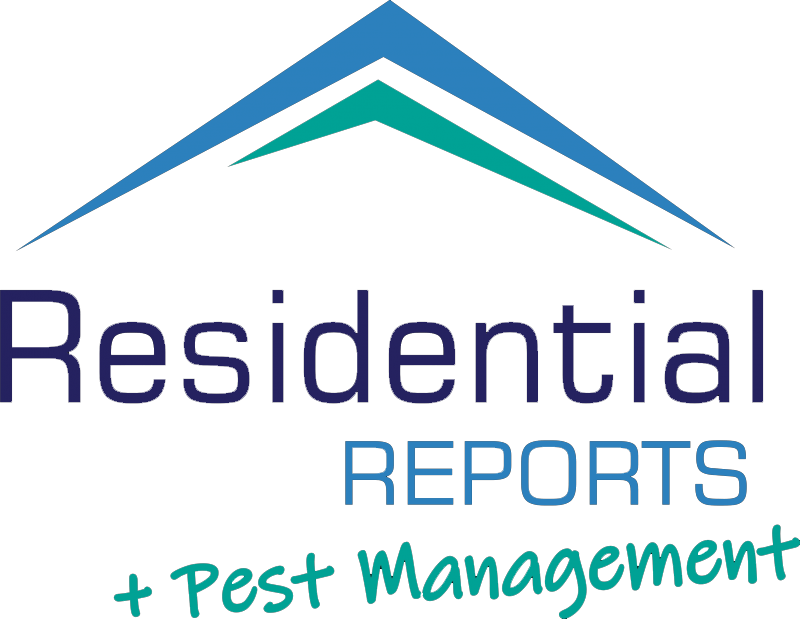Specialist Bee Nest Removal Across Canberra
If you have bees nesting in or near your home, they need to be dealt with. Although bees are beneficial insects that help pollinate plants and produce honey, they can cause a safety concern. Bees are generally not aggressive but the chances of an accidental sting increases significantly, if a nest is nearby. Stings are always painful and for a those who are allergic to bees stings, can be life-threatening. Protecting family and pets is the number one priority.
If bees are nesting in your home, in addition to the safety concern, their honey can cause damage to your home and give rise to other pest problems.
If you have a bee nest in your home or nearby, what should you do?
Option 1: Remove the nest
If the nest is easily accessible, the first and best option is to call an apiarist (bee keeper), to see if they can “capture” and remove the nest. However, often the bees will have built the nest in a wall void or roof cavity which makes it impossible for the apiarist to remove the nest. In these circumstances the nest will need to be destroyed before removal.
Option 2: Destroy the nest
If the nest needs to be removed, we will kill and remove the nest. Generally we will treat the nest in the evening, when all the bees are back in the nest and a lot more docile. Once the nest is dead we will remove the nest, dead bees and as much of the honeycomb as possible. Depending on the nest location, you may then need to carry out some maintenance to clean the area (as remaining honey will attract other pests, especially ants) and repair any damage. This is particularly the case when the nest is in a wall void and we have had to cut the wall coverings to access the nest.
If you have a bee nest problem, please give us a call
(We also deal with wasp nests)
World class Termite inspection equipment
Interesting bee facts:
When do Bees swarm?
Bees normally swarm in Spring and early Summer – an existing nest splits up, with half the nest leaving with a new queen to find a new home.
Why do they nest in buildings?
Buildings often make great nesting sites as they are dry, safe and protected from the sun and weather. This protects the nest from predators and allows them to more easily control the temperature in the nest.




